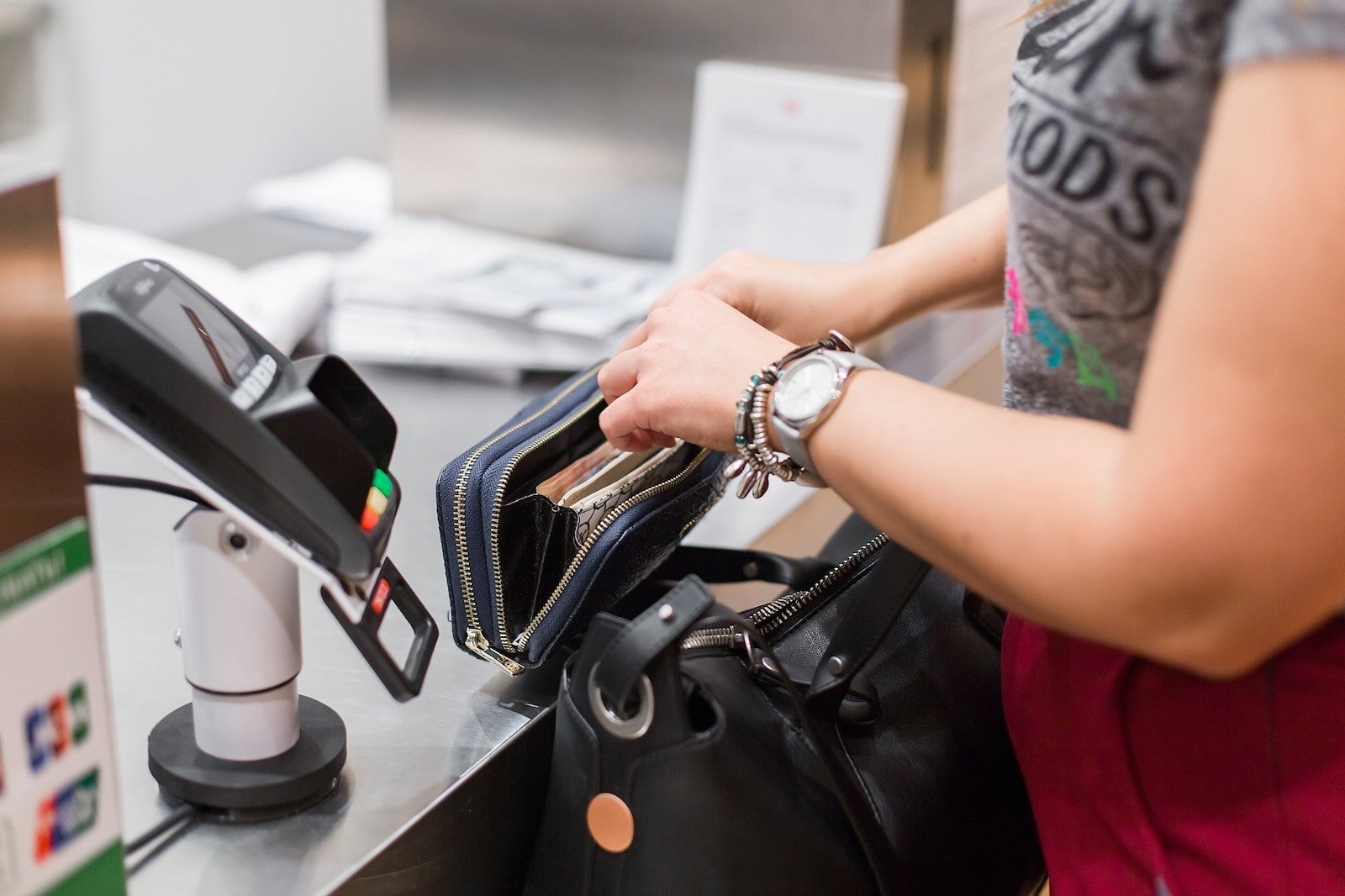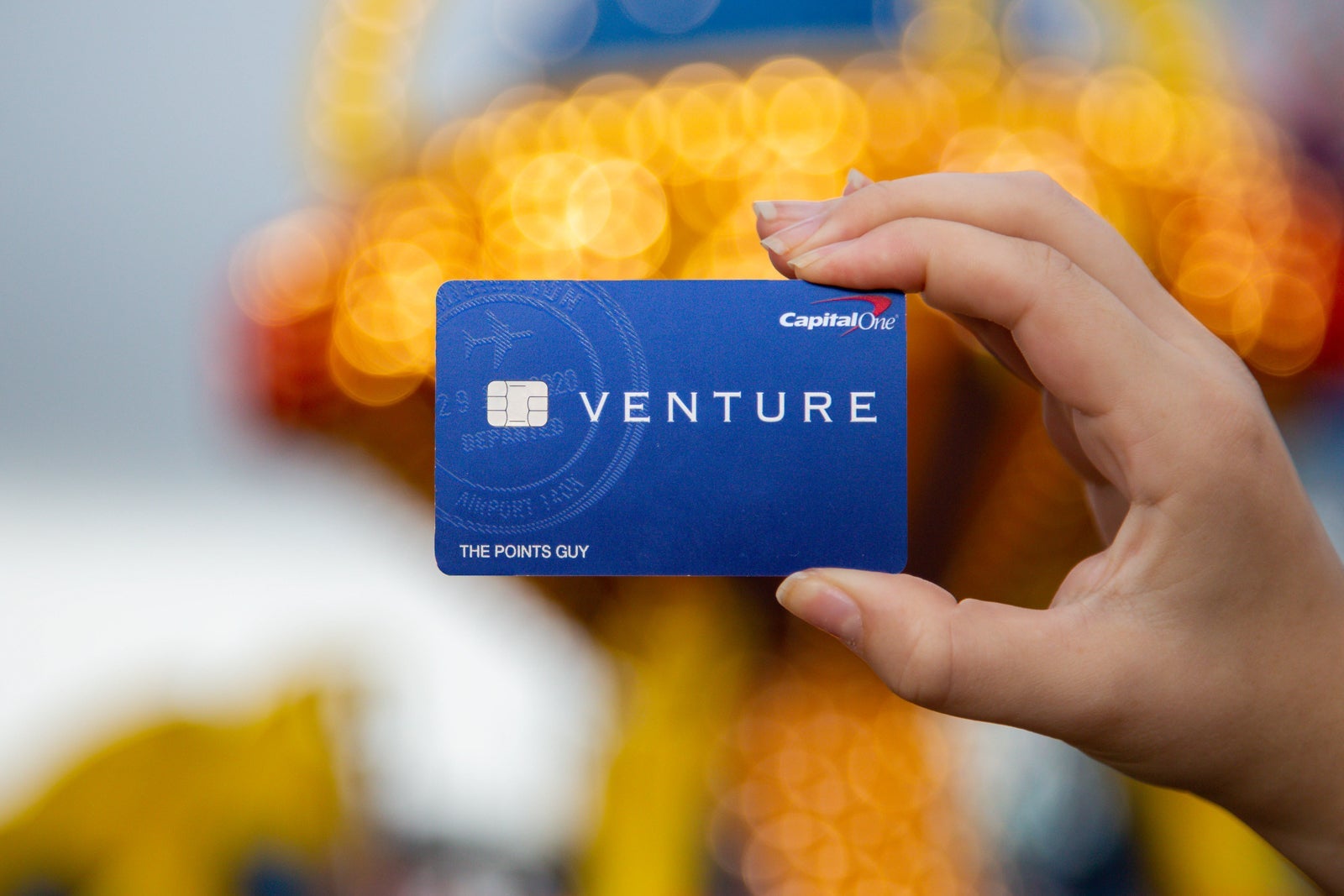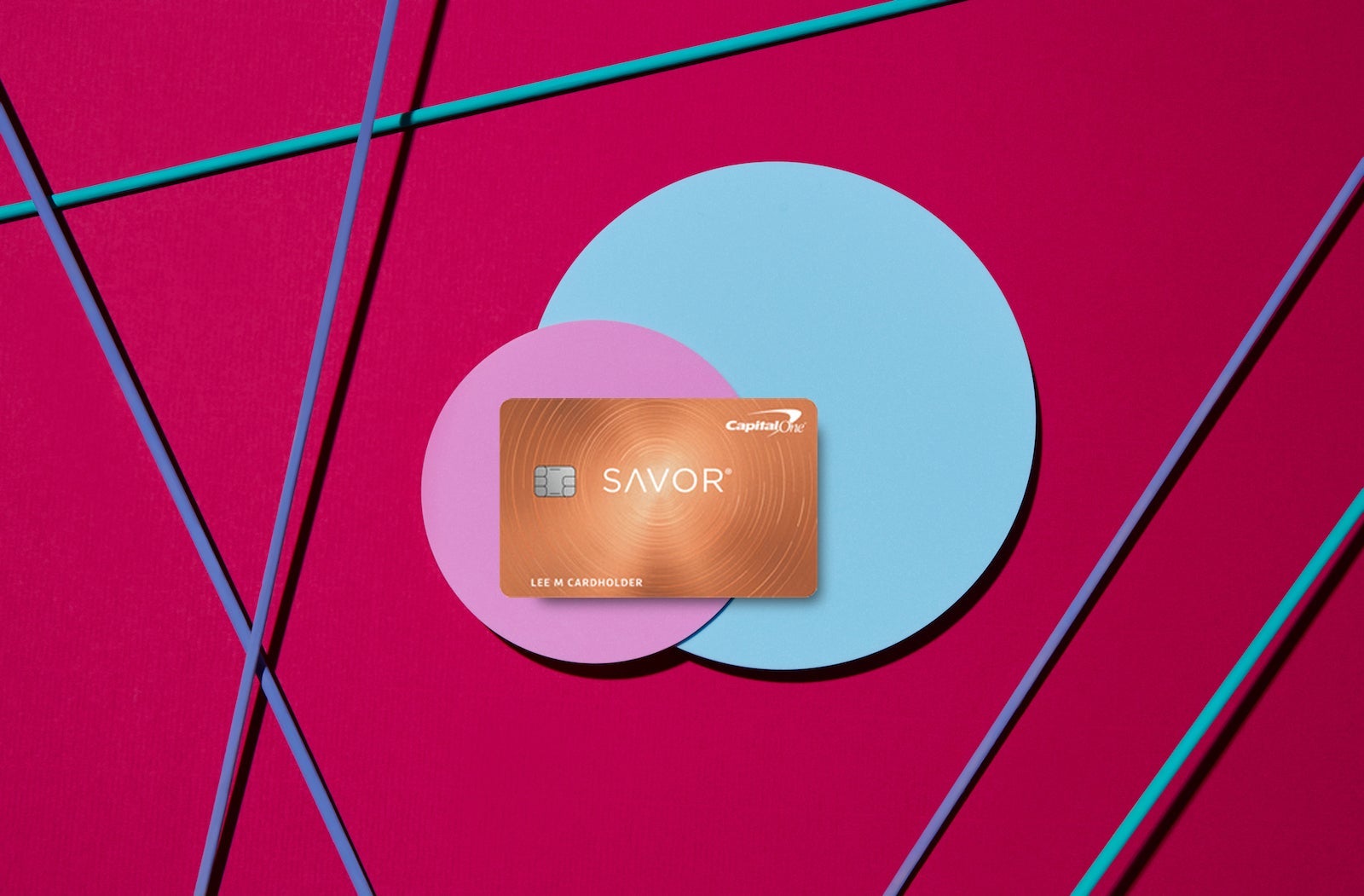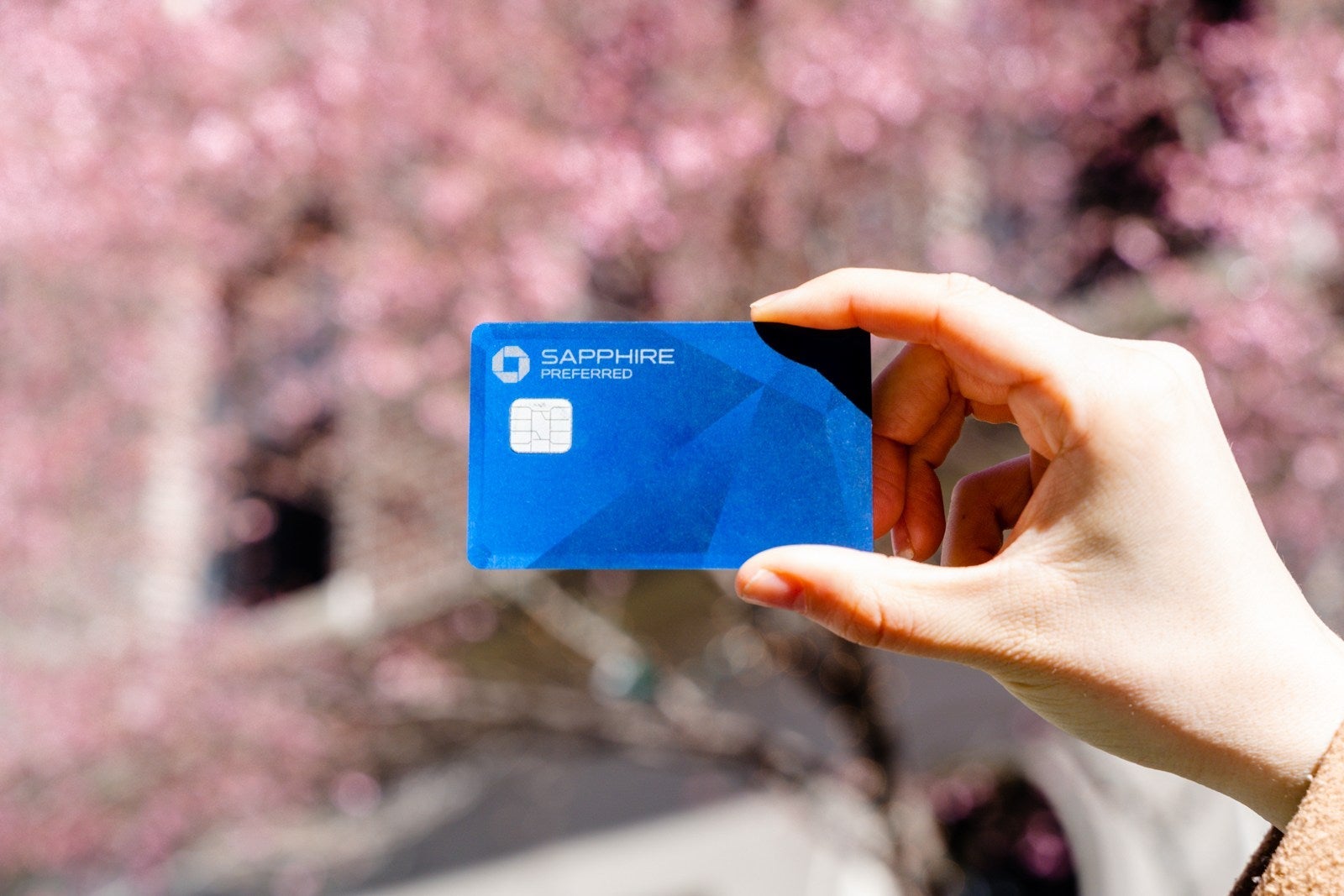Rookie mistake: How I missed earning thousands of points while studying abroad
Update: Some offers mentioned below are no longer available. View the current offers here.
Studying abroad in London in the spring of 2019 was one of the best decisions I ever made. But I made one terrible decision while I was over the pond that still haunts me to this day: I didn't use a credit card for any of my purchases.
Gasp.

It's shocking, troubling and just downright sad how many points I lost due to this tragic decision because studying abroad is NOT cheap. I am shedding a tear as I write this, and I think I hear Brian Kelly weeping in New York.
Luckily, I made these mistakes so that you don't. Here are the lessons I learned, so you can rack up points and get back to Europe ASAP.
New to The Points Guy? Sign up for our TPG daily newsletter for tips and tricks to make the most of your travel rewards.
[table-of-contents /]
My mistake:
When I went abroad, I took three cards with me: my debit card, the Southwest Rapid Rewards® Premier Credit Card, on which I am an authorized user, and the Mastercard Travelex Money Card. The latter is what I primarily used on purchases in London.

This card is a re-loadable currency card. It tracks the exchange rates and allows you to transfer money into relevant currencies when the exchange rate (hopefully) benefits you. While it's great in the sense that you can easily track your purchases and exchange rates, it's a glorified debit card. And that means no points or any additional benefits.

Pro tip: You can earn United MileagePlus® bonus miles when you exchange currency online with Travelex, but purchases made with the Money Card are ineligible for MileagePlus® miles.
The one plus of the Travelex card is that it was contactless when most U.S. debit and credit cards at that time were not. I could check out quickly and easily without having to sign the receipt like most of my other classmates.
But you're probably thinking, "Why didn't she use her Southwest credit card?" That's a great question. But the answer is that my parents thought I would become Chargie McChargerson (even though I am financially responsible), so that card was reserved for emergencies.
So I swiped -- or rather tapped -- away with my Travelex card, figuratively flushing thousands of points down the toilet. Please avoid my mistake by following my tips below for the best cards to use as a student while abroad.
Related reading: How to prep your finances before studying abroad
The cards I could have used
Believe it or not, there are many cards available to young adults, even if you don't have the highest credit score. You still have a good shot at getting approved, which means you will be able to build your points balance and credit score with every pint of beer you buy.
Capital One Venture Rewards Credit Card

The Capital One Venture Rewards card is one the most beloved cards when it comes to travel rewards -- plus it's the favorite of The Points Guy himself. Its simplicity makes it a great card for beginners in the points and miles game. With every purchase, you earn 2X miles.
It's even better for studying abroad; It has no foreign transaction fees and comes with an application fee credit for Global Entry or TSA PreCheck (up to $100). I have Global Entry, and it's amazing, but I don't have the Venture card, so I had to pay out-of-pocket for my application fee (thumbs down).
With only a $95 annual fee, it's manageable, especially with the 75,000 bonus miles when you spend $4,000 on purchases in the first three months from account opening.
Related: Best ways to maximize Capital One miles
Capital One Savor Cash Rewards Credit Card

The Capital One Savor Cash Rewards Credit Card is another great option for students studying abroad. The unlimited 4% back on dining, entertainment, and on popular streaming services is one of the best perks of any card, especially since I was a big foodie while I was abroad. I tried every single food I could get my hands on, so it would have been great if I had this card then.
It also offers 3% back at grocery stores (excluding superstores like Walmart and Target) and 1% on everything else. I tried to cook to save a little bit of money when I wasn't dining at restaurants, so this is another great plus. The sign-up bonus is $300 bonus after spending $3,000 on purchases in the first three months of account opening.
Be aware of Capital One application requirements; you can only have two Capital One cards open at a time.
The information for the Capital One Savor card has been collected independently by The Points Guy. The card details on this page have not been reviewed or provided by the card issuer.
Chase Sapphire Preferred Card

I know we always talk about the Chase Sapphire Preferred, but it really is a great card, especially for young travelers. With only a $95 annual fee and a 80,000 bonus points after you spend $4,000 in the first three months from account opening. Plus earn a $50 statement credit on grocery purchases in the first year of account opening, this is the perfect card to begin your points and miles obsession. The Chase Sapphire Preferred earns you Ultimate Rewards points, one of the most beneficial points currencies out there.
We have valued the sign-up bonus at $1,650 (based on TPG valuations), so it will already cover that $95 annual fee. You also earn 2x on dining and travel purchases, and with Lyft you can earn 5x. Just remember the 5/24 rule before you charge ahead and apply for this card.
Study abroad purchase tips
Research deals
There are so many places that offer student discounts abroad. From happy hours to free museums, do your research before you arrive to find the best times for certain activities. Otherwise, you could be shelling out a ton of money for no reason.
Download personal finance apps
There are some handy money-management apps on the market that make it easier to track your spending, which you will want to do while abroad. It's easy to get overwhelmed with finances, especially when it comes to conversion rates and transactions.
There is also an app, DUSK, that you can use to track drink deals in the UK if you end up there. I promise you; This will definitely be a life saver... and money saver.
Related: Staying organized: The best apps for money management
Save and plan ahead
This might seem self-explanatory, but save as much as possible before you leave, and budget accordingly. I filled out an entire budget with my study abroad office so that I had an idea of how much the entire semester would cost. It was a hefty price tag, but I was prepared with loans and savings. Don't be shocked by the cost, and be prepared for surprise expenses. I got food poisoning in London and had to pay a hefty fee for a doctor's visit and antibiotics. It's always good to have a small emergency fund in case something goes wrong (hopefully not).
Bottom line
Studying abroad is expensive. By being smart about your finances and building your credit history, you'll thank yourself later. I keep visualizing the amazing trips I could've taken with the thousands of points I could've accumulated abroad. If there's one way to get more bang for your buck, it's by using a credit card.

